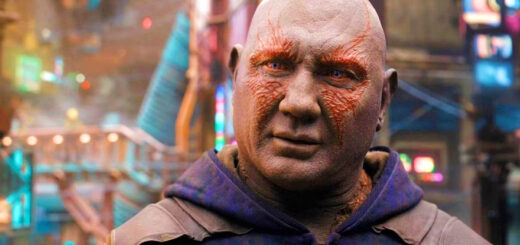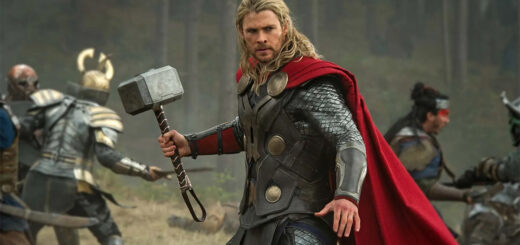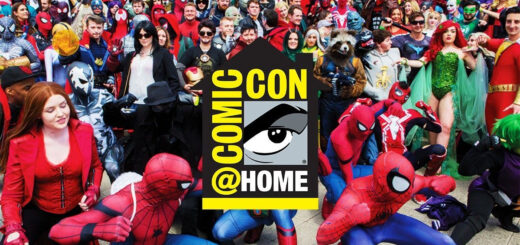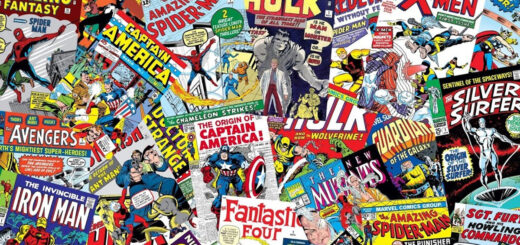The Legacy of Black Widow: Marvel’s Lethal Super Spy
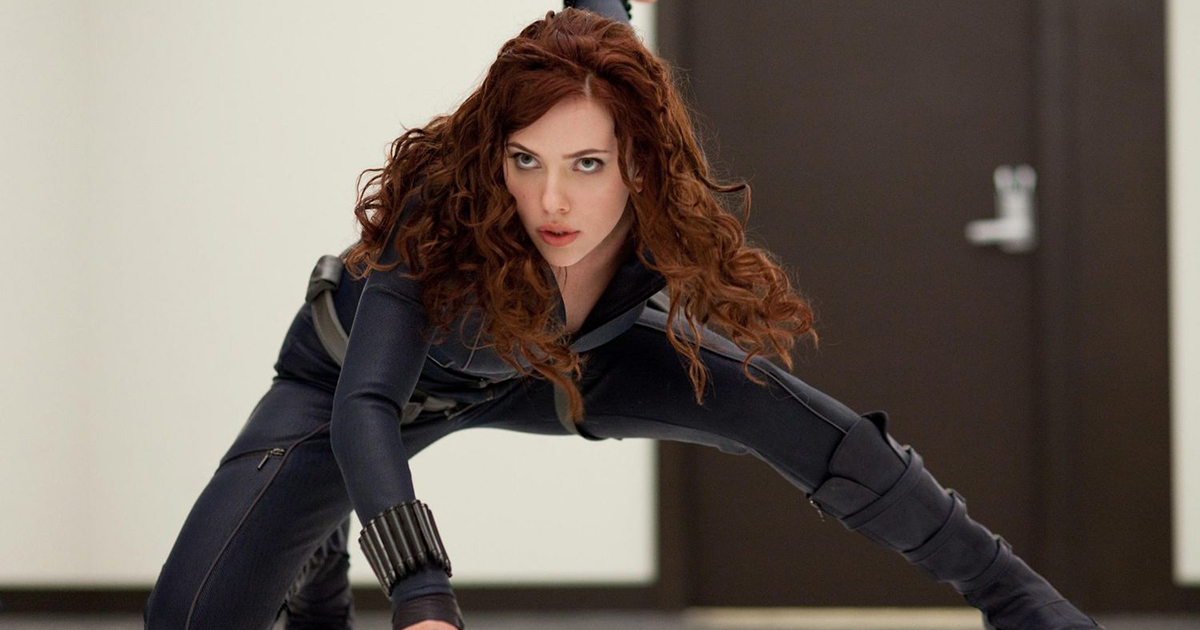
The Marvel Universe is populated with a plethora of iconic heroes, each with their unique backgrounds, powers, and stories. Among these luminaries stands Black Widow, a character who embodies resilience, complexity, and transformation. Introduced as a villain in her early days, Black Widow has evolved into a pivotal figure within the Avengers and the larger Marvel narrative. This blog post delves into the origins, evolution, and impact of Black Widow, highlighting why she remains a beloved character among fans.
Origins and Early Appearances
Black Widow, also known as Natasha Romanoff, first appeared in “Tales of Suspense #52” in 1964, created by writer Stan Lee, scripter Don Rico, and artist Don Heck. Natasha was introduced as a Russian spy, an antagonist to Iron Man. Her early stories painted her as a femme fatale, using her wiles and cunning to undermine Tony Stark and his alter ego. Clad in a simple evening dress and veil, her initial characterization was more grounded in Cold War espionage than the superhero mythos.
Transformation into a Hero
Natasha’s transformation from villain to hero began in the mid-1960s. Defecting from her Soviet handlers, she sought redemption and allied herself with the Avengers. This period marked a significant shift in her character, emphasizing her skills as a master combatant, spy, and strategist. Her costume evolved too, from glamorous attire to the iconic black bodysuit equipped with high-tech gadgets and the Widow’s Bite – her trademark weapon.
Character Depth and Complexity
Black Widow’s backstory is rich with trauma, making her one of the most complex characters in the Marvel Universe. Trained in the infamous Red Room, Natasha was subjected to rigorous and often brutal training, shaping her into a super spy and assassin. This dark past haunts her, but it also drives her quest for redemption. Her struggles with identity, loyalty, and guilt add layers to her character, making her relatable and compelling.
Black Widow in the Marvel Cinematic Universe (MCU)
Scarlett Johansson’s portrayal of Black Widow in the MCU has significantly boosted the character’s popularity. First appearing in “Iron Man 2” (2010), Johansson’s Natasha Romanoff quickly became a fan favorite. The MCU delved into her backstory, relationships, and personal battles, particularly in films like “The Avengers” (2012), “Captain America: The Winter Soldier” (2014), and “Avengers: Endgame” (2019).
“Black Widow” (2021), a standalone film, provided a deeper exploration of her past, revealing more about the Red Room and introducing her surrogate family, including Yelena Belova, another Widow. This film highlighted Natasha’s journey from a controlled asset to a self-empowered hero.
Key Relationships
Natasha’s relationships within the Marvel Universe are pivotal to her character development. Her bond with Clint Barton (Hawkeye) is particularly significant, with both characters sharing a deep, platonic friendship forged through shared experiences and mutual trust. Her interactions with Steve Rogers (Captain America) also showcase her loyalty and the respect she commands among her peers.
In the comics, her romantic relationships, such as with Matt Murdock (Daredevil) and James Buchanan “Bucky” Barnes (Winter Soldier), add further dimensions to her character, highlighting her vulnerabilities and capacity for love despite her hardened exterior.
Impact and Legacy
Black Widow’s impact on popular culture is undeniable. As one of the few prominent female superheroes in a male-dominated genre, she has paved the way for greater representation of strong, complex women in media. Her character challenges traditional gender roles, proving that femininity and strength are not mutually exclusive.
Moreover, Black Widow’s stories often tackle themes of redemption, sacrifice, and identity, resonating with audiences on a profound level. Her willingness to confront her past and fight for a better future embodies the resilience and courage that inspire many fans.
Black Widow: Inspiring a New Generation of Heroes
Black Widow’s journey from a Soviet spy to a celebrated Avenger is a testament to her enduring appeal and the nuanced storytelling of Marvel. She is more than just a superhero; she is a symbol of redemption, strength, and complexity. As fans continue to celebrate her legacy, Black Widow remains an integral part of the Marvel Universe, reminding us that heroes are not defined by their origins but by their choices and actions.


